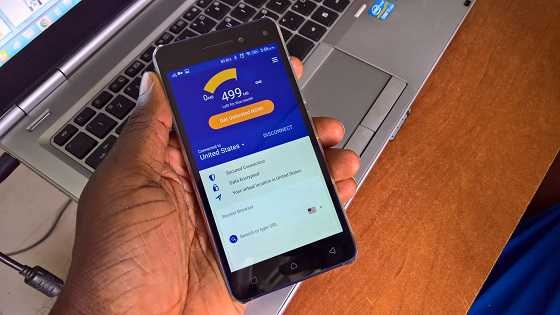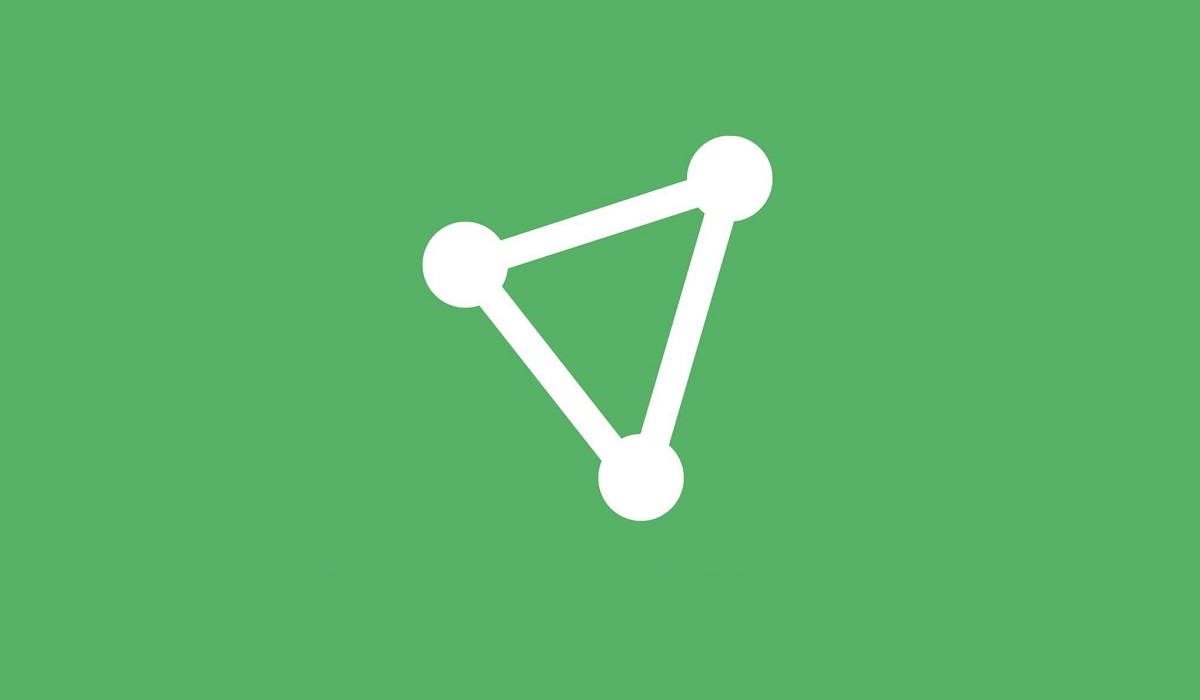The above might seem like a lot to digest, but let us break it down into simpler and more practical bits. Every time that you access a website via the internet, the website immediately has the permission to access certain data relating to you. Some sites do not even need our permission before they access the information. Websites and web page use the information they pull from you to serve you better ads or content that relate to our “supposed” needs. The kind of information that websites tap into are our browsing history, location, the kind of device we are using, IP address, session information, network traffic, and so on. Have you ever being surfing the web and seen an advert that seems to be aimed directly to you? If yes, that is the result of data that has been gathered on you. What a VPN does is that it puts you on a private network and so shields you from most of this data collection. The main reason why websites on the Internet can have access to our information is because the network we are browsing on is public, hence this information that we leave there are also public and can be easily accessed. So when you browse with a VPN it takes this information and encrypts them therefore making them anonymous. A virtual private network gives you a different IP address or location, conceals your history, etc.
Why use a VPN?
A lot of people opt to using a VPN because they do not want their personal information given out on the Internet. Another reason is that certain services on the Internet that we might want to make use of are blocked from internet users in our current location. This is known as geo-blocking. With the help of a VPN, users can conceal their IP address or current location and gain access to these services. For example if you stream movies on Netflix you will know that certain movies or series are not available in all locations, so if you want to access those movies, you will need the aid of a VPN.
Not all VPNs are equal
Having explained the basics, it is important to know that not all VPN service providers give their users a true private network. Many just provide an Internet Proxy (IP) that employs the technology, what does this mean for users? It simply means that if you are transferring data that is not encrypted over the internet with the aid of a VPN, the data gets to the provider’s servers almost naked and unprotected, so they have access to your data. This can be avoided by using a secure VPN that offers complete oversight of the data path to the users at both end. So this means that when choosing, it is wise that you choose one that is secured, and that you can trust.
Some Best VPNs
Surf Shark VPN: I can personally recommend this one to anyone looking out for a secure VPN and won’t mind paying for its services. One reason I love this Surf Shark is that a single subscription can be used on multiple devices at the very same time. So I might be surfing the net on my phone and want to check something up on the PC, all I need to do is to put down my phone and be assured that I am still browsing on a secure private network. You can check their website out here or download the application from Google Play Store, or the Apple Store.Nord VPN: This is yet another paid VPN which like the previous I personally have used, and it is a very good one. Also has the multiple device support and is also very secure. It is also pretty cheap, you can check out their website for pricing right here.ProtonVPN: If you really want to use a VPN but do not agree to the idea of paying for it, then ProtonVPN is a good choice for you. It has three free locations that you can easily connect to, but if you want more options you will have to pay. For security reasons I’ll advise that you go for a paid service especially if you are using it for business or work. Check the ProtonVPN website over here.

